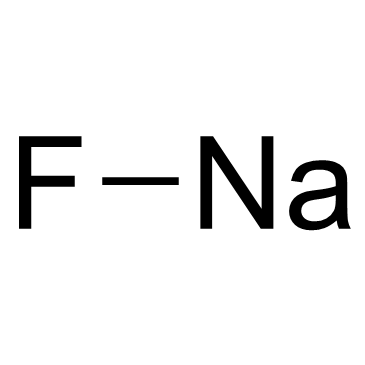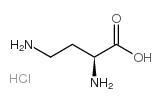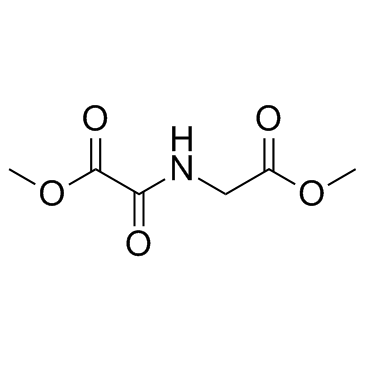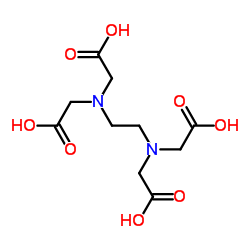| 结构式 | 名称/CAS号 | 全部文献 |
|---|---|---|
 |
氟化钠
CAS:7681-49-4 |
|
 |
L-2,4-二氨基丁酸 单盐酸盐
CAS:1482-98-0 |
|
 |
二甲基乙二酰氨基乙酸
CAS:89464-63-1 |
|
 |
乙二胺四乙酸
CAS:60-00-4 |